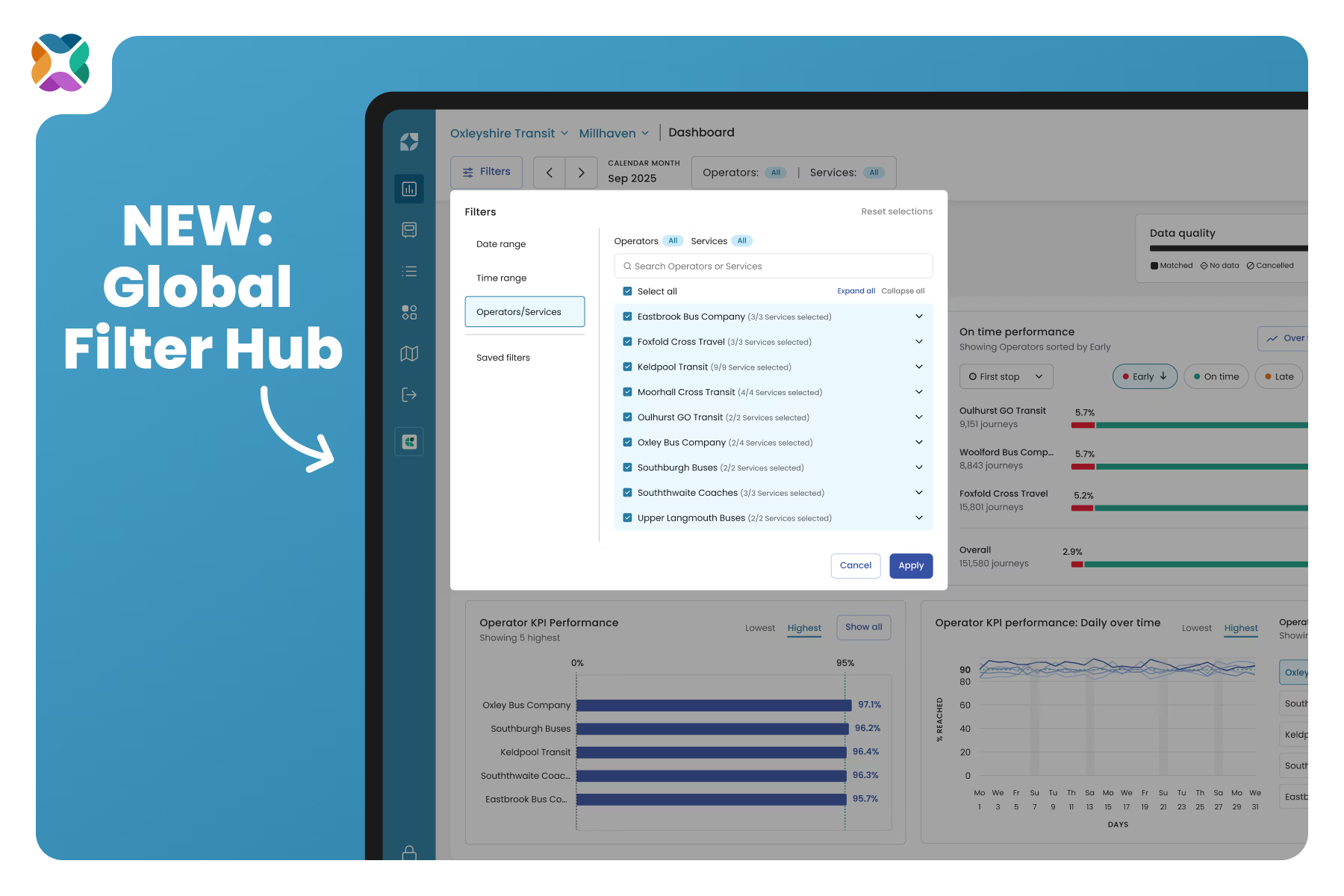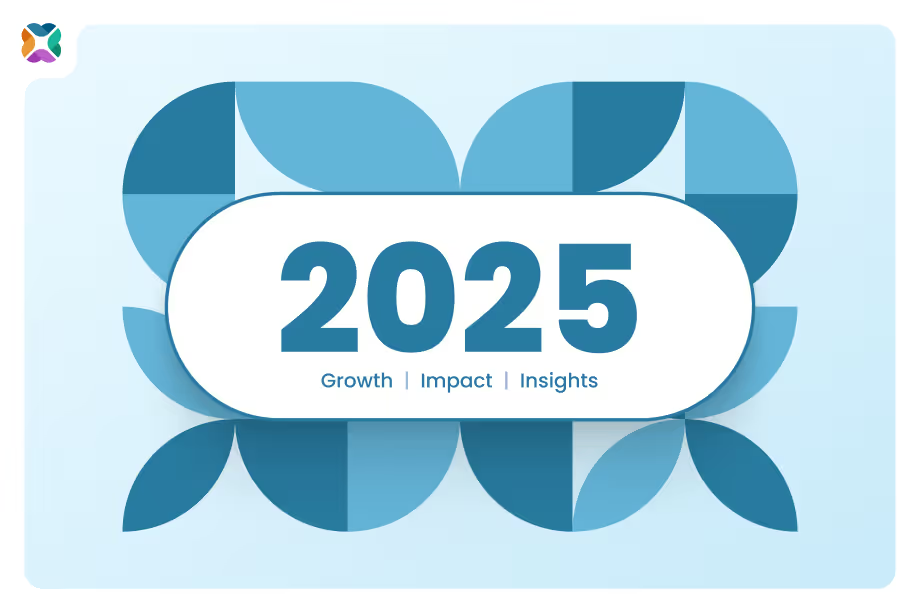Franchising of public transport is well underway in the UK market with the devolution of funding to Combined Authorities, along with the ability to create and contract out franchises. And while it’s still early days, places like Manchester are showing what’s possible when franchising is done right, with clarity of purpose and a strong focus on the passenger.
We’ve been watching Manchester’s Bee Network closely. It’s a standout example of what’s possible when there’s strong political will, a focused transport authority, and genuine collaboration between operators and authorities. The shift from individual operator branding to a unified network identity has not only made public transport more cohesive, but also more intuitive, visible, and passenger friendly. This franchised network has been quickly followed by the roll out of intermodal contactless payments through Tap and Go on buses and trams, further reducing friction in the customer experience. Passenger Transport has an excellent overview of the journey to bus franchising, and while it has seemingly all come together quickly, it has actually been decades in the making.
Setting a new standard in operational excellence
One of the most telling indicators of how well a network is performing is how it handles early running, which is when a bus departs ahead of its scheduled time. Early running is one of the most disruptive issues in public transport for bus networks as it is entirely within an operator’s control and directly impacts passenger experience. A low rate of early-running signals a well-disciplined operation that ensures reliability and lays the groundwork for continuous improvement.
In the latest Mosaiq Global Public Transit Index ‘Spotlight on England’, Manchester’s Bee Network stood out as a leader in this area. Less than 1% of trips were running early in the period we measured- a remarkable result, especially for a new network.
Low early running isn’t just a metric. It signals a network that is operating with care, precision, and with the passenger experience in mind. That kind of reliability builds the foundation for long-term improvement, leading to passenger loyalty.
There’s still work to be done, of course. Improving data quality through better trip matching, especially at the first stop, could unlock even more insights. But Manchester’s laid solid groundwork. It’s becoming a network built not just on infrastructure, but also on trust.
Designing policy for the real world
While operational excellence sets the foundation for a great transport network, the policies we design play an equally important role in ensuring its success. Public transport is complex, and the right policy must reflect that complexity.
Too often, we look for a single solution that will transform the public transport experience. But public transport doesn’t work like that. It’s public by nature, meant for everyone, and it can’t, and shouldn’t, be optimised for just one group or segment.
There will always be competing priorities and trade-offs. Sometimes, older technology lingers far longer than expected, preventing the full cost-benefit of new innovations from being realised. It also means that the people involved in the planning and delivery of public transport have to operate in the real world, which is messy, non-linear, unpredictable and ultimately political. Our job is to enable these teams to continuously make context-based decisions as their cities and regions organically change.
At Snapper Services, we built the Mosaiq Transit Intelligence Suite, designed to support real-world decision-making. Our goal is to empower public transport professionals with fast, accurate data insights, enabling them to continuously improve their networks.
Infrastructure builds networks, but trust builds passenger numbers—and trust is earned by getting the little things right. Public transport’s future will be shaped not by policy papers alone but by those on the ground, making data-driven, continuous improvements. This collective effort, powered by collaboration and precision, goes beyond public transport, driving economic vitality, sustainability, and an improved quality of life. When public transport systems thrive, entire communities benefit.











